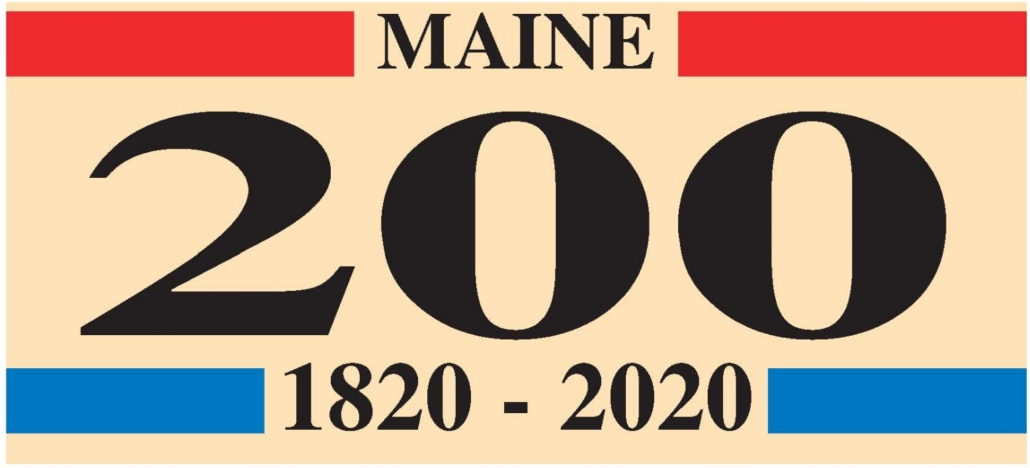Colby professor says China Lake has moderate amounts of nutrients

China Lake (photo by Eric Austin)
by Mary Grow
Colby College Professor Denise A. Bruesewitz, Ph.D., gave China Planning Board members “more than a little bit of food for thought,” Chairman Randall Downer remarked after her presentation at the board’s March 23 meeting.
Bruesewitz is a limnologist (the word means an expert on scientific aspects of inland waters) who has studied lakes in New Zealand and various parts of the United States. She is currently engaged in a National Science Foundation water quality project that uses robotics and computer modeling to study algae in lakes in Maine, including China Lake, and in other states.
Bruesewitz said China Lake is classified as mesotrophic, meaning it has a moderate amount of nutrients in the water. (A eutrophic lake has so many nutrients that algae blooms are common; an oligotrophic lake has few nutrients and therefore is unlikely to have algae blooms.)
Older surveys of China Lake have involved taking water samples from a boat and analyzing them. Bruesewitz said the current study uses drones that collect data and learn to recognize hot spots. There are plans to create diving robots.
Downer invited Bruesewitz to help board members develop standards for shoreland erosion barriers. She said she and her colleagues are not familiar with the type of solid vertical barrier that caused the planning board discussion, but in principle such barriers are not a good idea.
The zone where water and land meet, an area that is alternately wet and dry, is ecologically important, she said. Technically named the reference line, it is home to microbes that eat nutrients and is therefore critical to protecting water quality.
The shallow water on the lake edge of the zone houses life forms that are part of the lake’s food web, so it, too, should be protected from man-made disturbance, Bruesewitz said.
Downer asked how to quantify effects of a solid barrier. Bruesewitz replied it would not be easy. She suggested three possible methods: measure on-land nutrient uptake over the seasons and in different conditions; or look for relevant studies from comparable water bodies; or begin a citizen-science monitoring and sampling program.
Bruesewitz shared several documents with planning board members, including New Hampshire’s 2019 Shoreland Water Quality Protection Act that several members considered worth studying.
Replying to questions from board member Scott Rollins, Bruesewitz said China Lake’s biggest threats are the phosphorus that is already in the lake, plus on-land factors, like roofs, paved areas and other impervious surfaces and lack of buffers, that add more unwanted nutrients. Remedies, she said, include providing vegetated buffers that control run-off without separating land and water, and minimizing soil disturbance in the watershed.
She told the board she will be able to share results of the National Science Foundation project with them and with the Kennebec Water District, which uses China Lake’s west basin as its water source.
In other business March 23, Codes Officer Jaime Hanson’s report to the board included the comment that China is experiencing “a definite uptick in construction,” based on permit applications for new houses and other construction.
Board members continued review of the draft solar ordinance that, if approved by voters, will give them standards for reviewing applications for solar installations, both individual and commercial. The ordinance is not on the warrant for the June 8 town business meeting.
All solar installations require permits. Hanson bases his reviews on the six-year-old International Residential Code, and planning board members have been adapting standards for new structures to cover rows of solar panels.
The next China Planning Board meeting is scheduled for 6:30 p.m. Tuesday, April 13.
Responsible journalism is hard work!
It is also expensive!
If you enjoy reading The Town Line and the good news we bring you each week, would you consider a donation to help us continue the work we’re doing?
The Town Line is a 501(c)(3) nonprofit private foundation, and all donations are tax deductible under the Internal Revenue Service code.
To help, please visit our online donation page or mail a check payable to The Town Line, PO Box 89, South China, ME 04358. Your contribution is appreciated!





Leave a Reply
Want to join the discussion?Feel free to contribute!